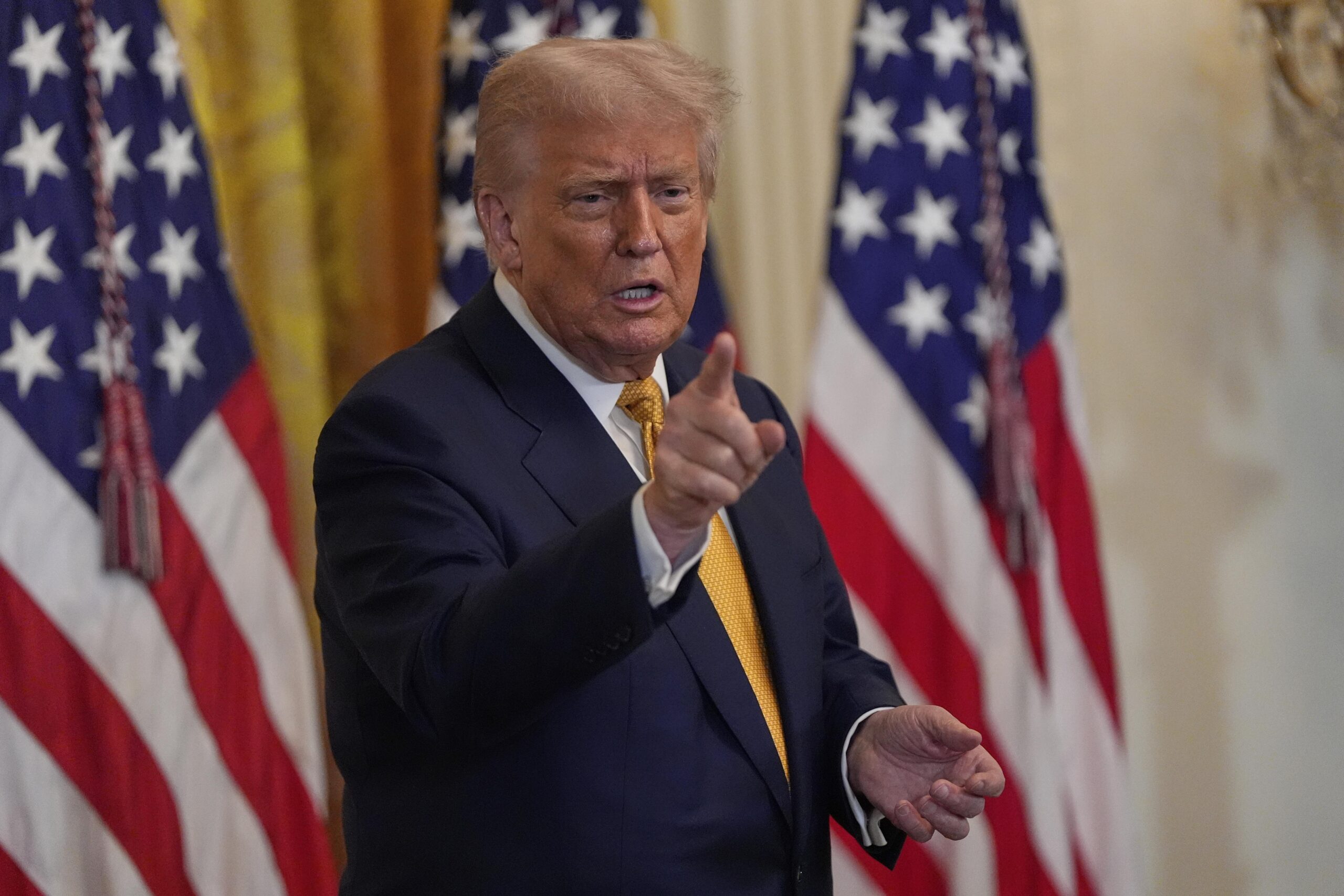Mountain View / Washington — Google reacted with alarm and swift internal moves after the Trump administration announced a sweeping change to the H-1B visa program this month — a new $100,000 annual fee and a tighter selection process for new hires — even as company leaders sought to reassure employees that existing staff would not be immediately affected.
In messages to workers and external comments, Google senior executives framed the policy as a sharp escalation that could hobble U.S. tech hiring over the long run while stressing the firm’s capacity to absorb short-term shocks. Senior Vice President James Manyika told reporters and staff the company does not expect current H-1B holders or visa renewals to be disrupted right away, but he and other managers warned that the extra cost and uncertainty will complicate future recruitment plans.
Internally, Google moved quickly. Memos and guidance circulated to Google employees on H-1B visas urged those abroad to return to the United States and cautioned against travel that could imperil re-entry, moves that mirrored similar advisories from other big tech firms. The company also set up teams to help affected employees navigate changing rules and deadlines while monitoring guidance from the Department of Homeland Security and the State Department.
Alongside corporate reassurances, Google faces pressure from its own workforce. Employee groups and some union organizers demanded a stronger public stance against the new rule, arguing that it threatens immigrant workers and weakens U.S. competitiveness by making it harder to hire global talent. Protests and internal calls for the company to take a firmer stand were reported at Google offices and in online employee forums.
Industry analysts say Google’s pragmatic response — protecting current staff and helping those overseas return — reflects a short-term playbook many employers are using to limit immediate disruption. But executives privately acknowledge the proposed fee and selection changes could force longer-term shifts: fewer new hires on H-1B, greater reliance on permanent-resident sponsorship, higher labor costs, or more onshore and offshore engineering hubs. Lawmakers and trade groups have already begun pressing companies for details on visa use and layoffs, raising the prospect of added regulatory scrutiny.
For now, Google’s public posture remains cautious: leaders emphasize support for affected employees and the value of global talent to innovation, while avoiding a full-throated political confrontation with the administration. That balancing act — calming staff, protecting operations and managing reputational risks — will shape how the company and broader Silicon Valley react if the fee and selection rules survive final regulatory and legal review.










